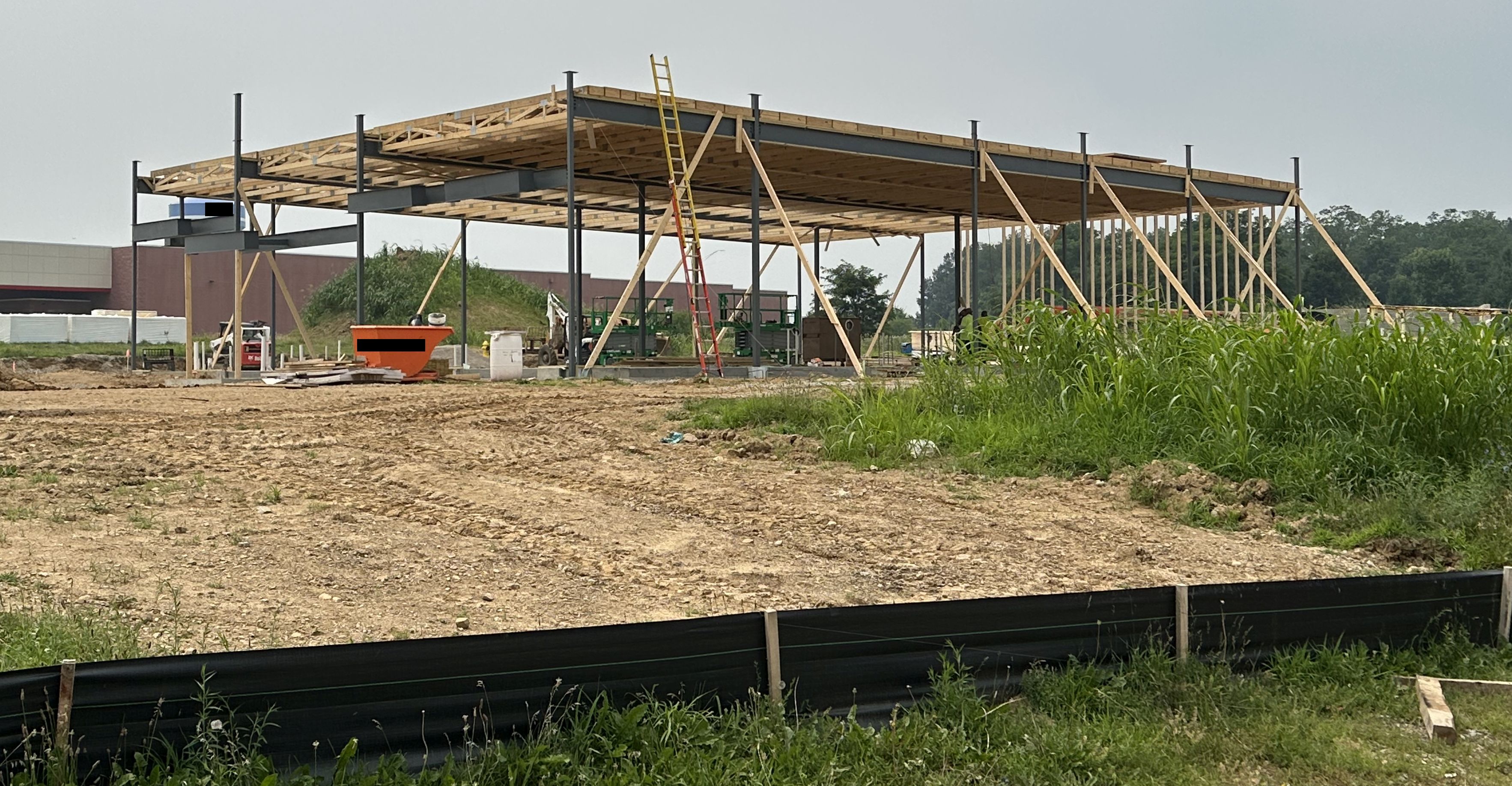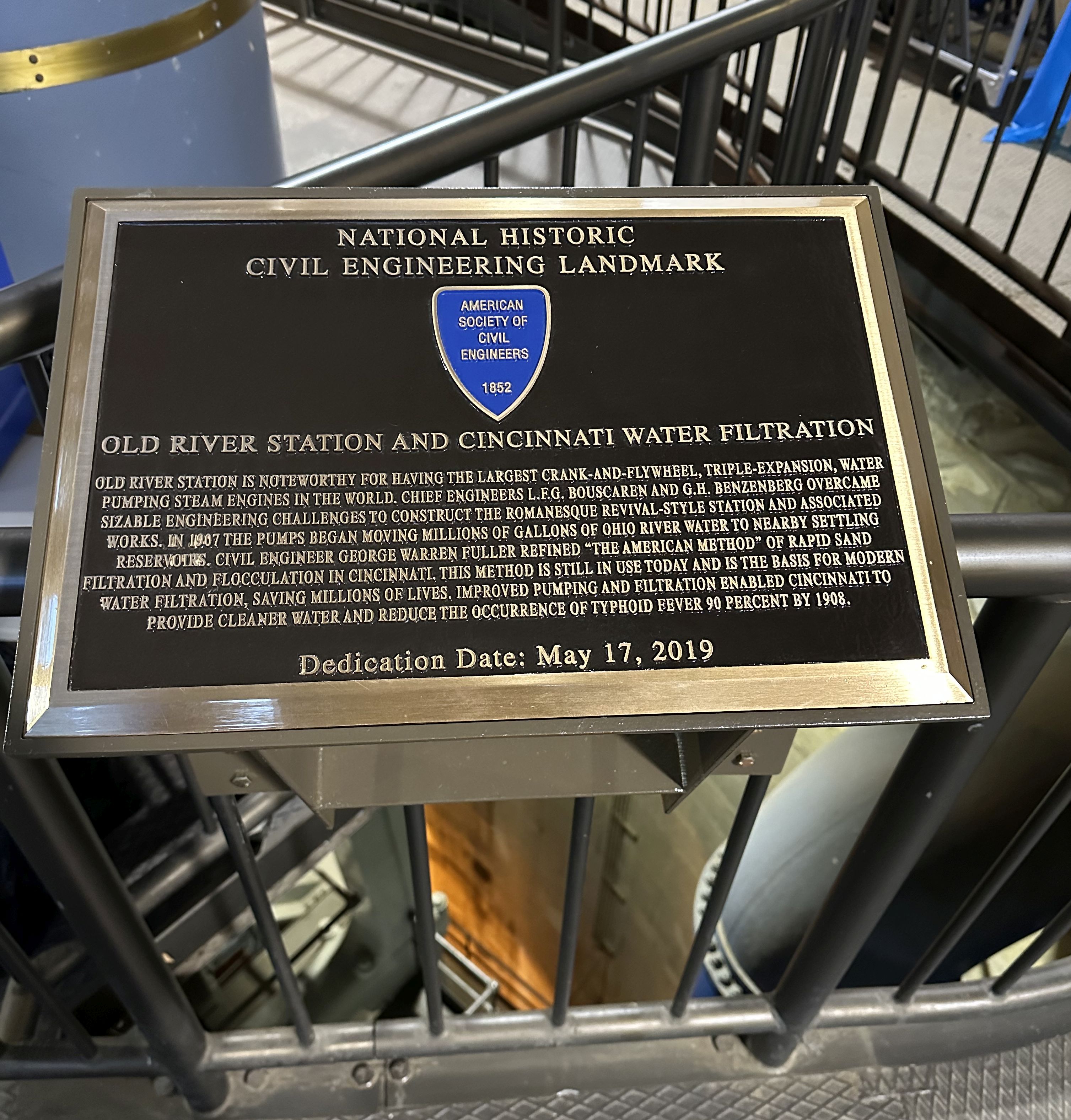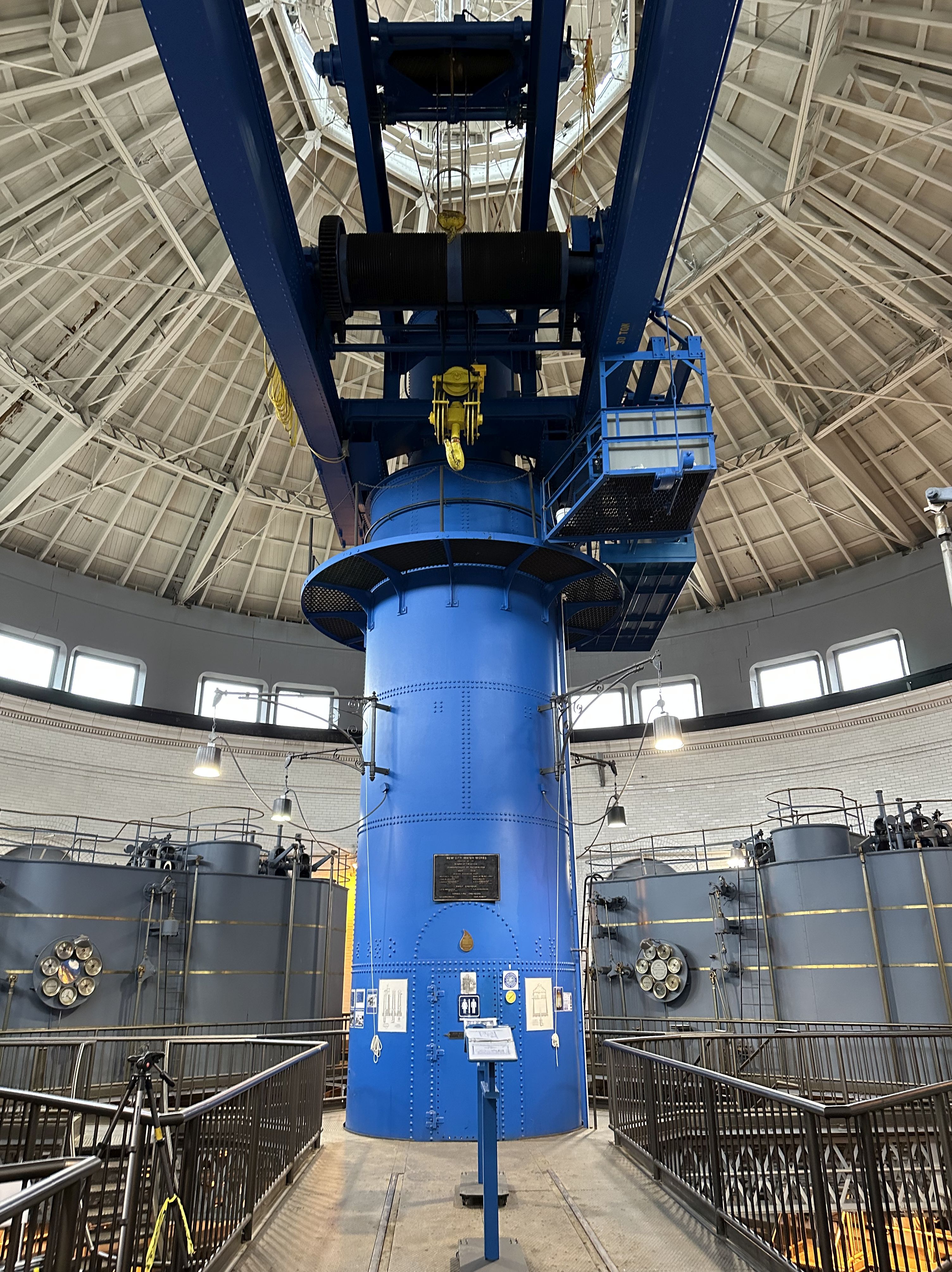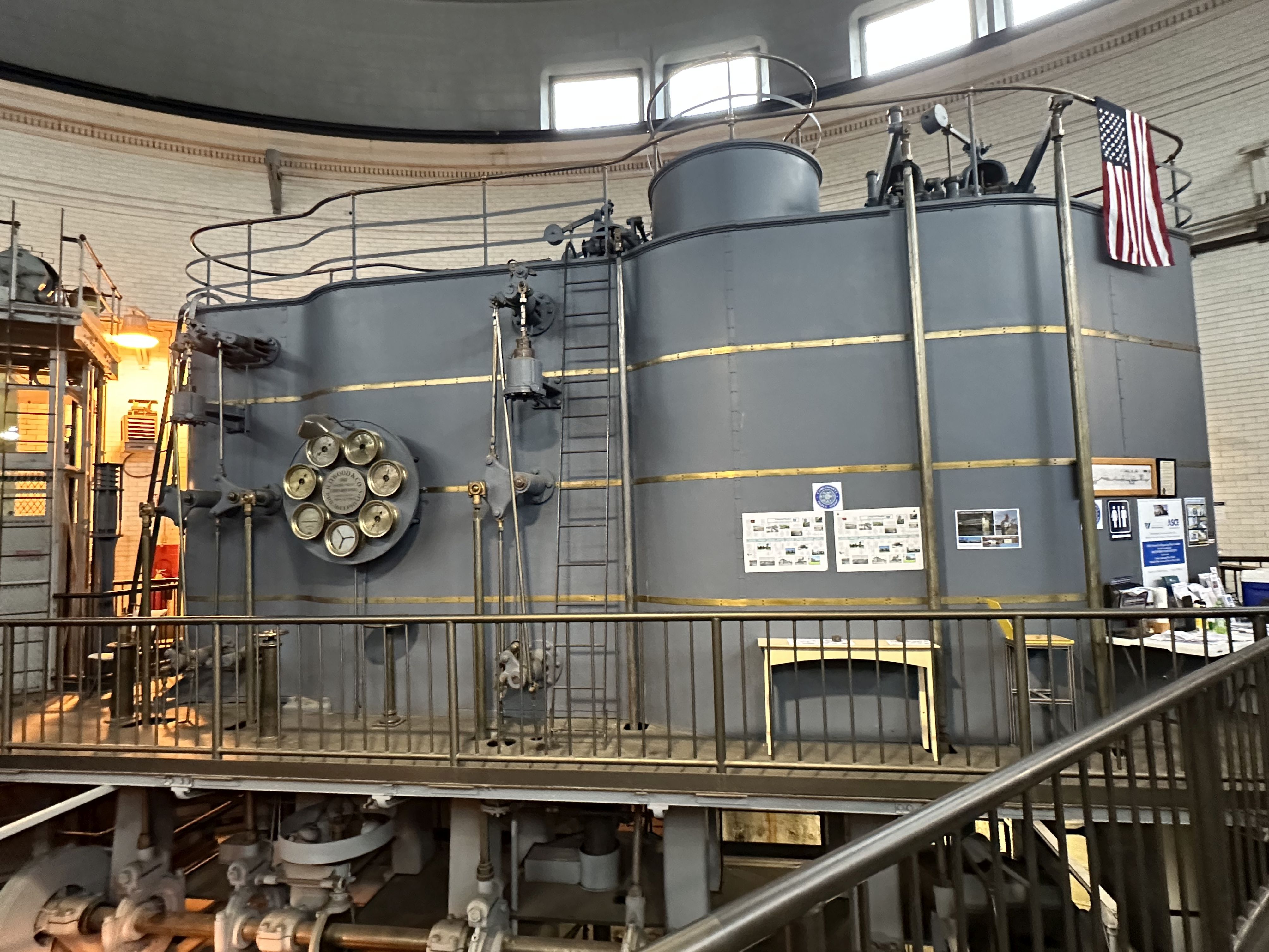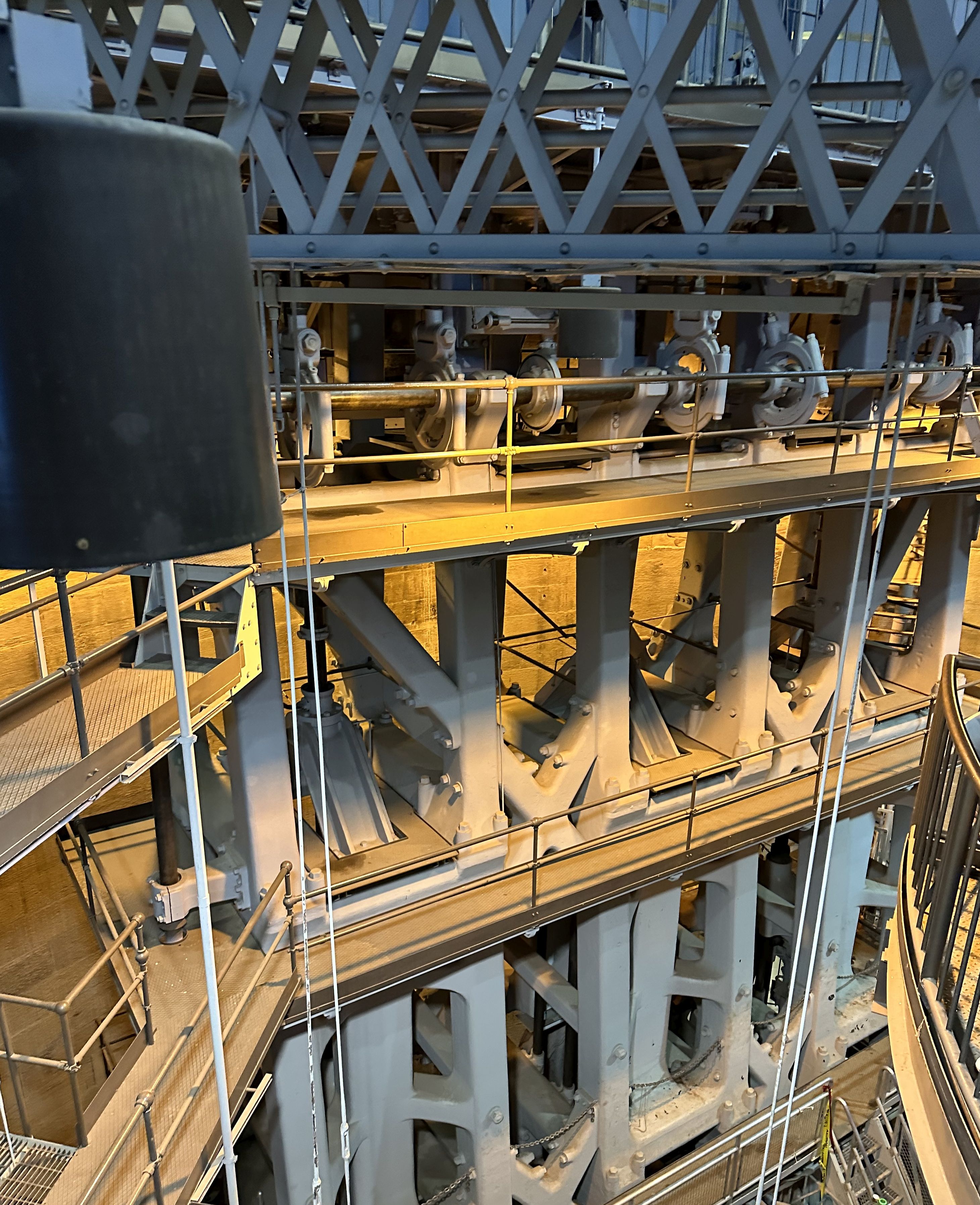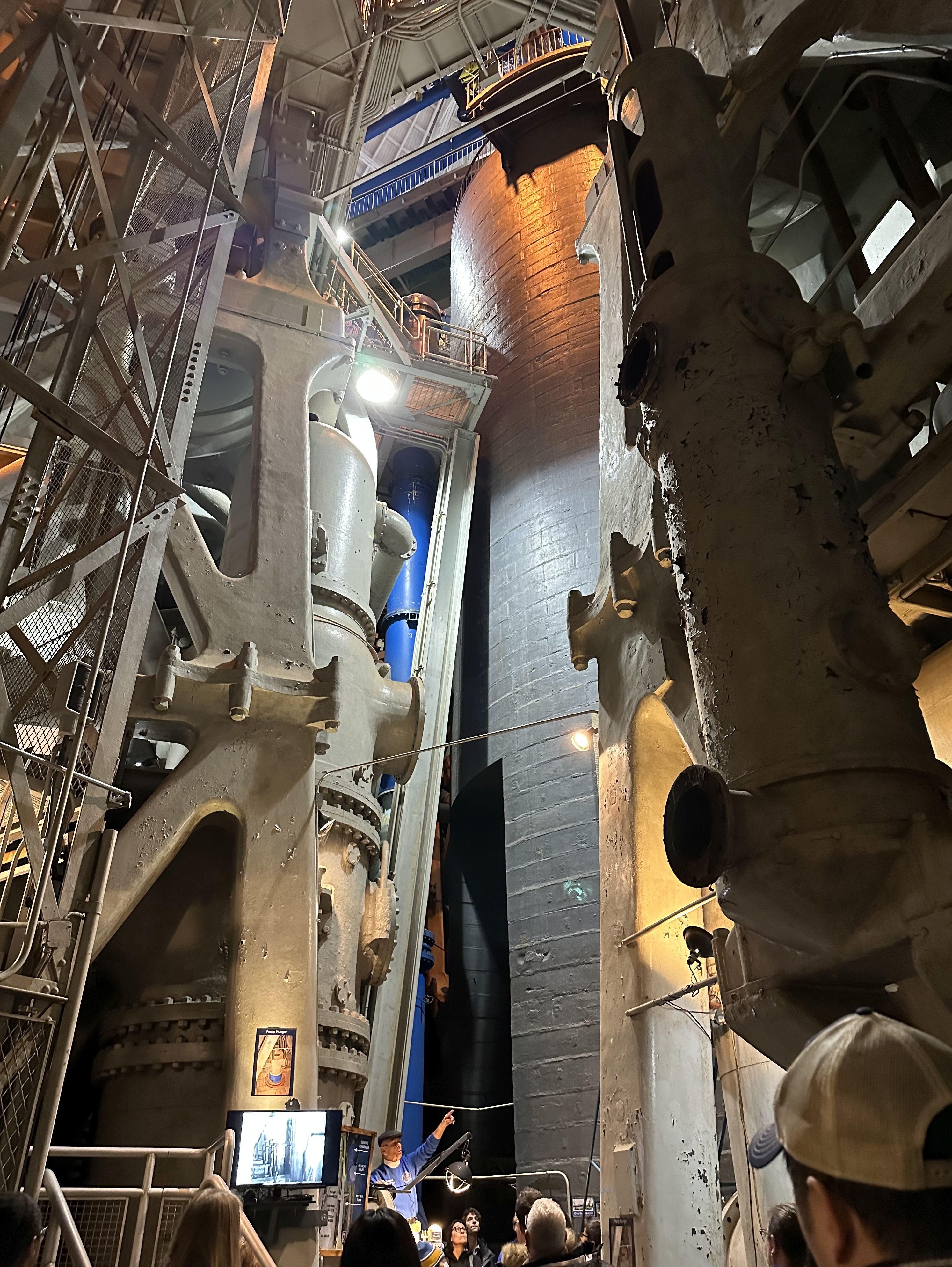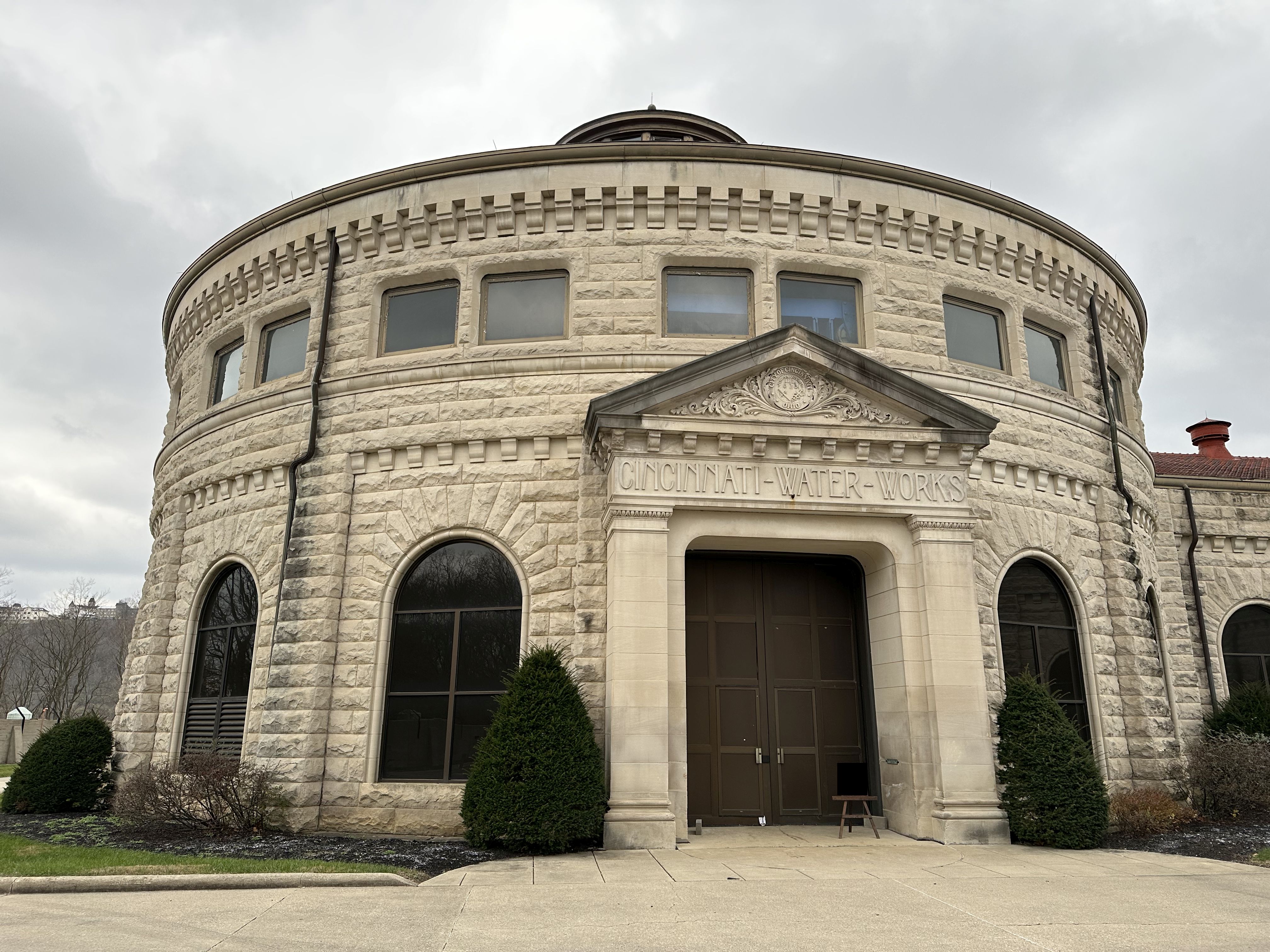Civil Engineering
119 readers
1 users here now
A community for discussion of Civil Engineering and any of its sub-disciplines, including but not limited to:
-Structural Engineering
-Geotechnical Engineering
-Environmental Engineering
-Transportation Engineering
-Construction Management
-Water Resources Engineering
-Surveying
The intent is to create an open and welcoming community from prospective students and enthusiasts, to Professional Engineers, researchers, and others working in the field.
Rules:
-Maintain civility and treat others with respect.
-Posts should be more-or-less directly related to Engineering.
-Humour is very welcome, just please refrain from low effort memes or posts that do not foster discussion.
founded 1 year ago
MODERATORS
1
12
How to prevent America’s aging buildings from collapsing – 4 high-profile disasters send a warning
(theconversation.com)
2
3
4
5
6
8
9
10
11
12
13
14
15
16
17
18
19
